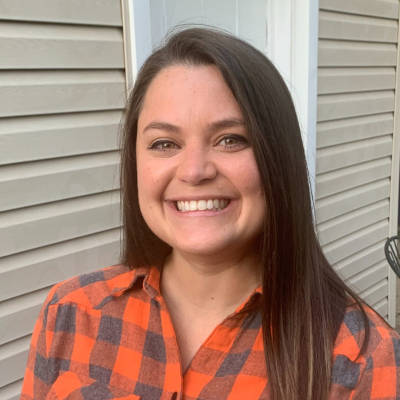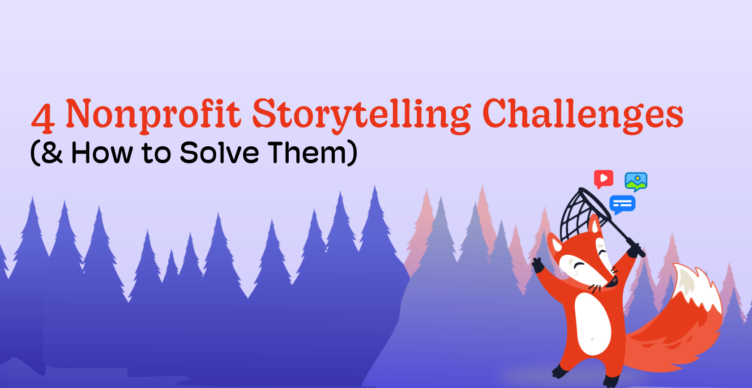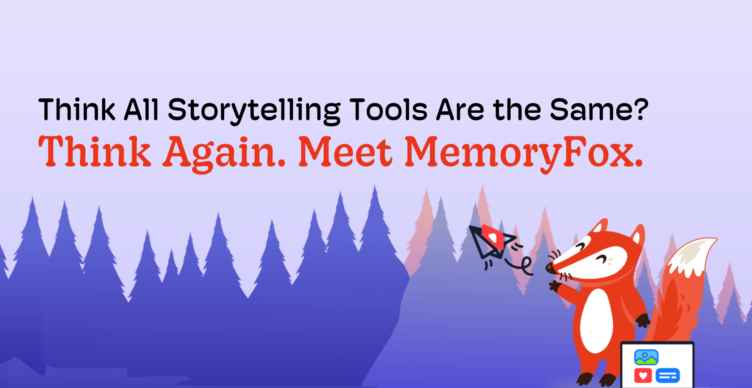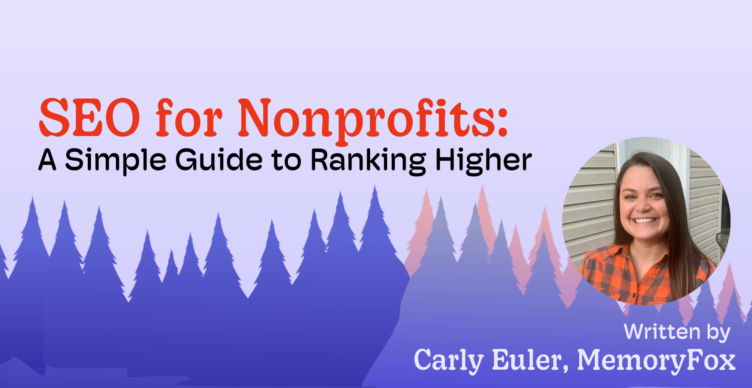Ethical Storytelling, Storytelling Strategy
The Ethical Nonprofit Summit: One Diamond from Each Session
In the past, I have found myself in the position of being asked to prioritize fundraising over ethical storytelling practices. These asks were often not direct. Instead, they stemmed from a traditional view of fundraising, where it was believed we must position the donors as the hero in order to raise the most money possible.
After all, raising the most money possible was the best thing I could do for the mission, right?
Right…?
It was a tough spot to be in. On one hand, I had witnessed firsthand that sharing heartful, emotional stories made paddles raise and fundraising thermometers overflow. But on the other hand, the portrayal just didn’t feel right. How could we claim to devote our efforts to help a community that we were so willing to describe with overwhelming despair and agony? At the time, I didn’t have the language to put into words the uncomfortable feeling I had about this juxtaposition.
But now, I do. We were not telling stories through an ethical lens.
And now, I have decided to learn as much as I can, and share my experiences, so others don’t have to feel like I did.
58% of nonprofit professionals struggle with wanting to tell stories while doing no harm to their community. These individuals yearn for advice and strategies that they can implement in order to uplift the experiences of those they serve, not exploit them. They want to showcase those previously unheard, not speak for them. They want to display new perspectives, not silence them. And here at MemoryFox, we want to assist them on their storytelling journey, ethically and authentically.
When Diana Farias Heinrich first approached our team about her idea to launch the The Ethical Nonprofit Summit, we did not hesitate to get involved. With over 2000 downloads of our Ethical Storytelling Report, to date, it’s safe to say that we have witnessed firsthand the hunger that our sector has for learning about this nuanced topic.
This past week, The Ethical Nonprofit Summit launched! It was refreshing to be in a space among nonprofit professionals who not only understand the pressures of fundraising with traditional storytelling practices, but are equally committed to doing better. While every session was brimming with knowledge, in this article, I’ve highlighted one key “diamond” from each speaker that further deepened my understanding of ethical storytelling.
1. Maria Rio – Lead With Joy, Not Sorrow
Maria Rio, a strong advocate of community-centric fundraising, emphasized the importance of asking our storytellers about the joy in their lives, instead of only focusing on their relationship with the nonprofit’s mission. Her question, “What brings you joy?” (one of the ten questions she recommends in her 10 Dignified Storytelling Questions resource), is a reminder that our storytellers should not be reduced to their experience with a nonprofit’s mission, but described as holistic human beings that experience all emotions, including joy!
2. Jonathan Walton – Stand Firm in Your Values
Jonathan Walton’s session focused on the importance of personal integrity in nonprofit work. His words, “What’s at stake is not my livelihood,” were a powerful reminder that our values and boundaries must be prioritized. Jonathan also reminded us that “You are not God. You are not the Devil.” It’s important to remember that we are human, and sometimes, stepping away from an organization whose values don’t align with our own is the best course of action.
3. Amina Mohamed – Bring Your Donors Into Your Community
Amina Mohamed, founder of Cameras For Girls, highlighted the need to educate donors on ethical storytelling practices. She stressed that ethical language isn’t just something nonprofits should use internally, but something donors should understand and adopt as well. She stated: “Our donors know what we stand for.” This proactive approach helps align the values of both the organization and its supporters, ensuring that all stakeholders truly feel a part of the same community.
4. Diana Farias Heinrich – Have A Plan In Place & Be Prepared To Use It
Diana Farias Heinrich’s session included a practical but crucial piece of advice: “Be prepared to take down people’s stories—have a plan in place!” Whether you are collecting stories in the field, conducting long-form interviews, or sourcing responses online, nonprofits must have clear protocols in place that are abundantly clear to the storyteller. Diana vulnerably shared instances when she has witnessed protocols missed and accidents were made. As an audience, her transparency was greatly appreciated. Thank you for taking your experiences to craft the EQUAStory™ Framework, a clear step-by-step ethical storytelling process involving informed consent.
5. Maria Bryan – Prioritize Trauma-Informed Storytelling
Maria Bryan’s session on trauma-informed storytelling was an eye-opener. She reminded us that “1 in 11 people will experience PTSD in their lifetime.” With this in mind, Maria urged nonprofits to slow down their story gathering process, and adopt procedures that acknowledge trauma. Her approach involves creating clear storytelling guidelines and giving story owners the final say over their narratives, including the right to withdraw their story if they choose. This ensures that the dignity and agency of storytellers are always respected.
6. Frank Velásquez Jr. – Make The Switch To Asset-Based Framing
Frank Velásquez Jr. passionately spoke about the harm caused by exploitative storytelling, particularly what’s often referred to as poverty porn. He opened his session sharing a story that used deficit-based framing about a student, and simply asked the audience how the story made them feel. They said:
- “I feel so embarrassed and bullied.”
- “Icky.”
- “Belittled.”
- “If the story was about me – mortified.”
The takeaway? Using “traditional” deficit-based language is simply no longer acceptable. Stories should empower and uplift individuals rather than reinforce harmful stereotypes or depict them as powerless. Frank continued this session in an interactive way, by prompting the audience to think on their feet to rewrite sentences using asset-based framing, proving that it can be done at your nonprofit if you simply take the time to do so!
7. Maria & Diana – Craft An Ethical Storytelling Manifesto
In a joint session, Maria Bryan and Diana Farias Heinrich introduced the idea of crafting a “community manifesto” based on the input of the summit attendees. They challenged the audience to reflect on our storytelling promises, asking: “As an Ethical Explorer, what is your storytelling promise?” Commitments flooded in, included:
- We will listen.
- To treat your story like it’s my own.
- To put our clients and community first.
- To represent an individual’s potential, not just their struggles.
- To learn from my mistakes and do better next time.
This collective promise encourages summit attendees, and beyond, to take what they learned and think about the next step – implementation. While it can feel like a massive mountain climb, taking one next step, no matter how small, is essential to long-term growth as an organization.
Overall, the Ethical Nonprofit Summit offered a mountain of insights, important perspectives and great conversations. The caliber of speakers was next level, and the audience engagement was unmatched. I hope these diamonds of wisdom inspire you to continue on your ethical storytelling journey, as well as inspire others to take the leap! And when registration for the 2025 Ethical Nonprofit Summit opens, you can expect to see a MemoryFox logo proudly displayed.

About the Author
Carly Euler
Marketing Director, MemoryFox
Carly comes from the nonprofit world ready to elevate the hundreds of nonprofits in the MemoryFox community. She currently serves as the Co-Chair of the Wily Network’s Young Professionals Association, and has previously held positions at the Breast Cancer Coalition of Rochester, the Code of Support Foundation, Kenya Lacrosse Association, and the BOMA Project, where she has specialized in marketing, communications, and fundraising. Storytelling has been an integral part of each role.




